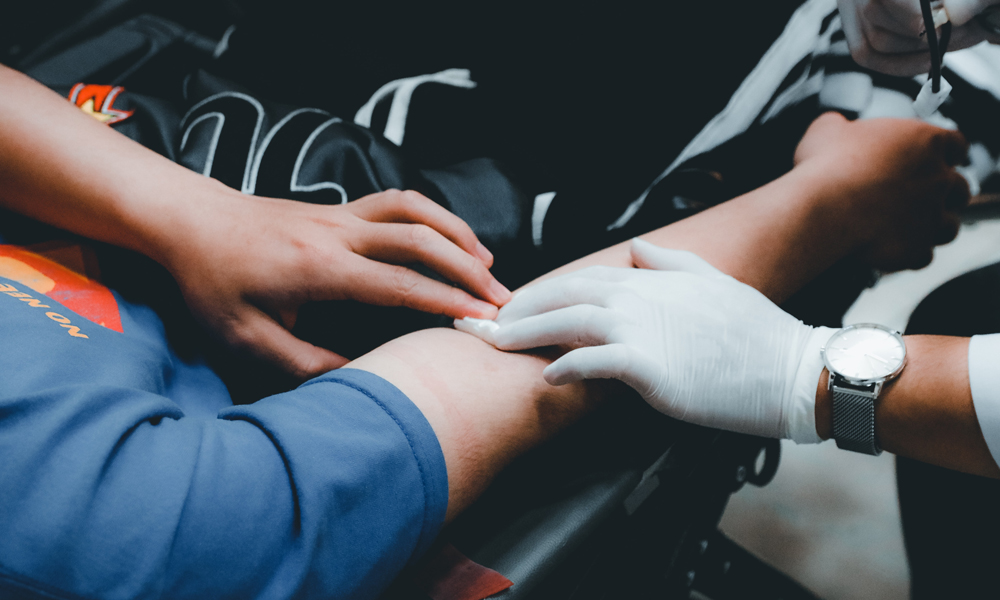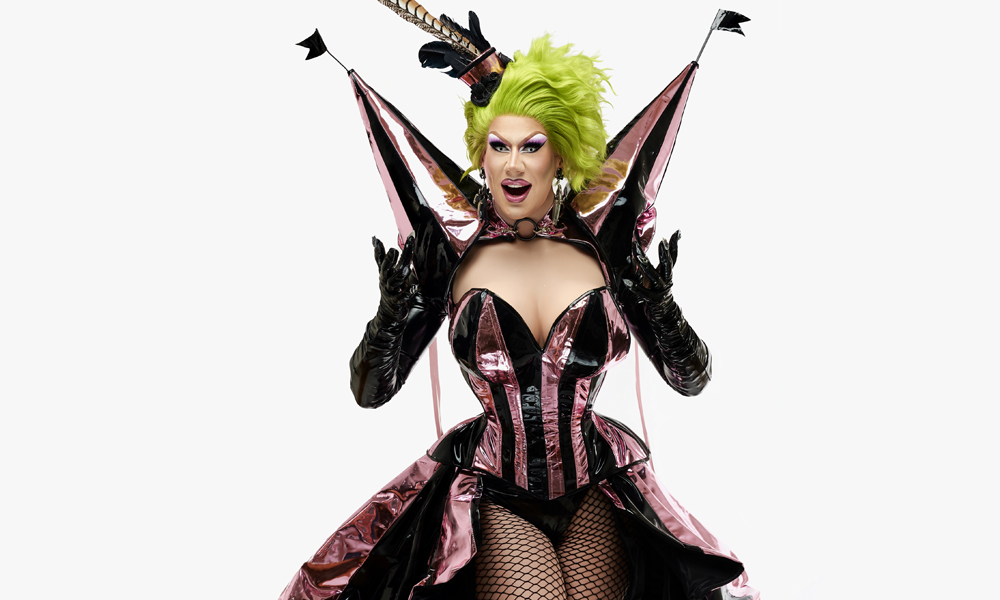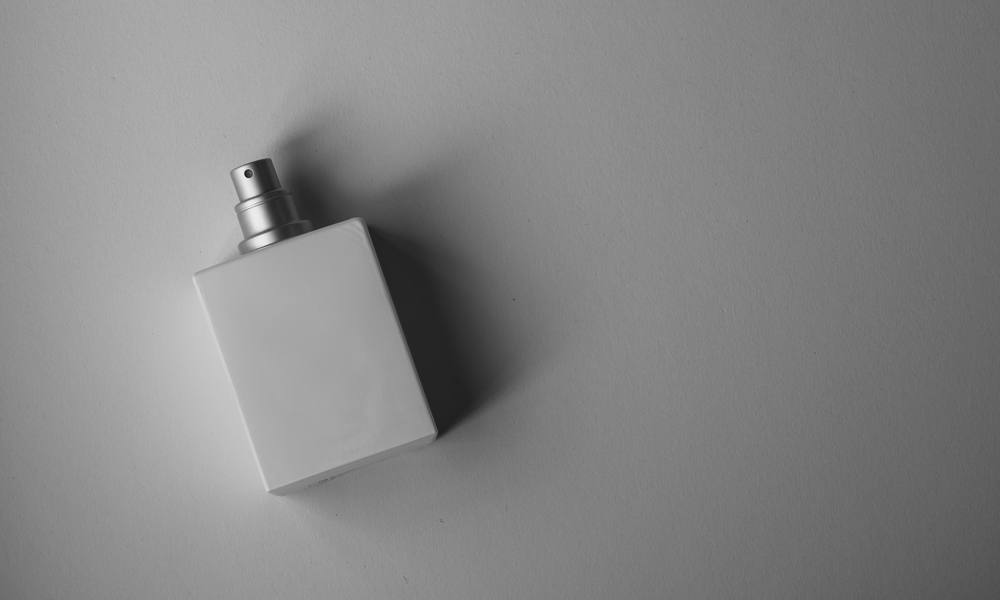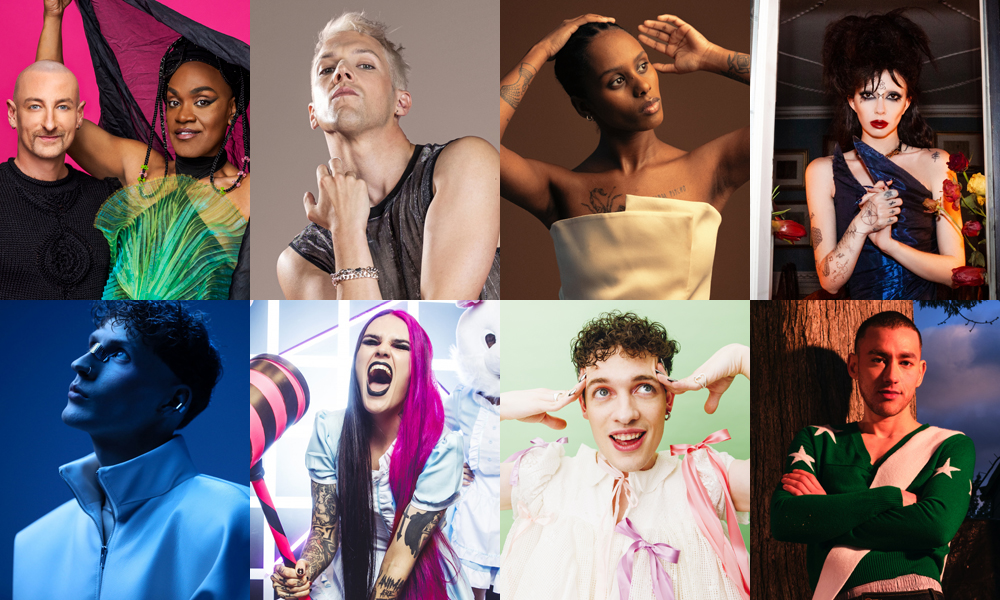One can’t help but question if these men truly want to save lives, or are simply self-victimizing to get attention…
By Jesse Boland
As surely as death, taxes, and that there is a rerun of Ridiculousness showing on MTV right now, one may always be sure that for any time there is a headline pertaining to the ongoing blood crisis in North America, the most self-righteous, annoying gay guy you know is going to be the first in the comments to say, “Wow…. if only all gay men could give blood!” While this indication of bigotry in the healthcare system may seem well-intentioned on the surface, the men who make such virtuous statements seldom extend their activism beyond a snarky tweet accompanied by a Rihanna gif from 2015. In fact, such attention-seeking quips often obfuscate from the actual crises of both the shortage of blood donations in the Canadian and American healthcare systems, and the rising numbers of HIV transmissions among heterosexuals. With so many men feeling obliged to centre themselves as the point of focus in the midst of a collapsing healthcare system, one can’t help but question if these men truly want to save lives or are simply self-victimizing to gain attention.
It should be noted that there has been some progress made in recent years. In Canada, gay men are currently eligible to give blood if it has been more than three months since their last sexual contact with another man. A submission recommending further changes to the policy was submitted to Health Canada in December 2021. That submission is currently under review with Health Canada, and the Canadian Health Services hope it will be approved in the coming months. (For more information on the evolving eligibility criteria for gay, bisexual and other men who have sex with men, visit www.blood.ca.)
Having said all that, it is essential to state that it is indeed fully possible for all queer men to donate their blood if they so desire, regardless of when their last sexual contact with another man occurred. How could that be, you may ask? LITERALLY JUST LIE. I cannot stress how simple and easy this is to do if you genuinely wish to donate your blood to save the lives of vulnerable people in need. Here’s how. When the medical practitioner asks you if you have sex with men, simply say “no” instead of “yes” – and voilà! The underpaid medical worker has completed their legal duty without being obligated to challenge this answer, a desperate person in need gets to receive a lifesaving resource, and you get your orange juice and cookie. In 50 words or less, please explain to me how this is difficult to do.
One simply cannot help but feel piqued that so few gay men choose to circumvent this inch-high hurdle that’s set in place to prevent us from donating a lifesaving resource to those desperately in need. While it can undoubtedly feel regressive – and for some, even humiliating – to be forced to hide your queerness for the sake of manipulating bigoted legislation, it is but a minute tribulation for the purpose of saving a stranger’s life. When we prioritize queer visibility over the health and safety of vulnerable members of our communities, it becomes clear that our pride has morphed into vanity.
The act of lying about your identity may seem like a temporary fix based on individual choice – you know, kind of like the entire act of donating blood itself – but it actually holds the key to repealing the ban. If enough gay men were to lie about their sexualities to donate blood, to the point that it became common knowledge that we do so, this would serve as a valid argument that not only is the ban pointless and ineffective, but also that there is no more risk in gay men donating our blood than there is for anyone else. By refusing to defy the ban that has been set in place by homophobic legislators, we are in turn validating their bigotry by demonstrating compliance with the rules they have set in place for us. Be reminded that these homophobes don’t want us to give our blood because they view us as “less than” and dirty, so by righteously refusing to illicitly donate our blood, we are doing exactly what they want.
The conversation about blood does not end there, though. Our community has spent decades fighting to destigmatize HIV and AIDS, which had for years been colloquially been referred to as “gay cancer,” to educate the world that it is indeed an illness that does not discriminate and can affect anyone. The understanding that AIDS is not a disease that can be eradicated through the efforts of “responsible” individuals themselves, but requires a global effort of education and compassion, has been an imperative pillar in the advancement of the fight against it. But in recent years, I have begun wondering if gay men still understand this.
HIV cases in heterosexuals have been silently skyrocketing over the years, with straight men making up a higher cases of HIV patients than gay men in numerous regions across the globe. This is not news worth celebrating (as many members of pastel infographic Instagram did back in February of this year), but rather an indication of failure by our healthcare and education systems. Straight people are not being educated on the risks of HIV in the same way that queer people are, neither are they being actively encouraged to get tested regularly to learn their status, as it is not seen as a cause of concern for them. While the concept of cis-heteronormativity may call to mind an elitist, privileged white man (of whom ridiculing may feel justified), the reality is that cases of HIV infections in straight people have predominantly been found in impoverished Black women. While HIV itself may not discriminate on gender, race or sexual orientation, the same cannot be said of the Canadian and American healthcare systems.
I often ponder how rarely I have heard the topic of marriage equality brought up as a current human rights issue since 2015. The LGBTQ+ community fought valiantly for our right to same-sex marriage equality with the understanding that it was about more than declaring our love, but also for the legalities to protect our families that came with said licence. With that, I can’t help but feel dejected that our community has abandoned the disabled community in their identical fight for marriage equality in the years following our historic win. For those who don’t know, people with disabilities risk losing their government benefits if they marry an able-bodied partner, as their partner would then be viewed as liable for their household financial income. So why are we not demanding their equality the way we demanded ours? Did we really want equality, or did we just want to get the same privileges as our able-bodied straight peers without caring about anyone else?
It is my fear that this may one day become the same fate for the gay community’s solidarity in the fight against AIDS. As the most privileged of us strive forward in ways thought unimaginable 50 years ago, who are we leaving behind? While HIV infection rates for upper-middle class gay white men with access to health care may have plummeted since the epidemic of the 1980s, numbers have only grown for lower-income Black communities in recent years, showing us that AIDS is not a gay disease, and that we should still care. AIDS doesn’t kill: miseducation and inaccessibility to health care kills, and it kills the most vulnerable among us. Gay men can’t save the world, just as we can’t solve the blood crisis even if we were all legally allowed to give our blood. These are the responsibilities of our leaders and our elected officials, who hold the resources necessary to make it happen (though, sadly, history has taught us that they likely never will). So for now, do what you can to keep your community safe and give whatever you can by whatever means possible, even if it means swallowing your pride. I promise you’ll feel proud of yourself for doing so.
—
JESSE BOLAND is that gay kid in class who your English teacher always believed in. He’s a graduate of English at Ryerson University with a passion for giving a voice to people who don’t have data on their phones and who chases his dreams by foot because he never got his driver’s licence.







Khadijah Anglin / 18 May 2022
Good afternoon,
As a reader, black woman and member of the queer community; I feel it is my duty to warmly and respectfully offer you perspective after reading your most recent article. I love that you brought attention to the disabled community, and that queer folk should help to advocate for their rights in ally-ship as much as we’ve fought for our own rights in previous years. I also appreciate and am throughly entertained by your candour-ed and cheeky style of writing!
Unfortunately, I feel like that was the only positive take away. I more than understand the perspective you’ve shared in order to poke holes in the governments almost baseless theory on why queer men are not to donate blood! However as a donor myself, my issue doesn’t lie with encouraging gay or queer men to re-closet themselves or unethically lie about their status to prove a point.
My issue lies with the lack of follow up, anywhere in your article, to encourage those same men to test and discover their status before they donate or choose to lie in order to do so! Yes gay men absolutely are treated unfairly within the healthcare system, predominantly within this specific branch of healthcare. I don’t pretend to know anyones struggle as a straight PRESENTING black queer woman.
As any gay man is marginalized regardless of colour or ethnicity, I myself as a marginalized black woman and member of the queer community was taken aback. You simply shifted focus from gay white men or presenting white gay men like yourself, as I do not know your ethic background.
To black straight women and black men when stating so plainly the statistics of who retains the number one spot for the positive HIV status.
Ultimately, as your article has challenged your readers to look deeper within themselves and really decided wether they want to help or hinder in pertinence to blood donation. I hope you also understand that in doing so you’ve placed the blame on an entirely different set of marginalized folk, instead of following up with the aim of getting tested.
You have only encouraged your peers to be dishonest, which later could potentially create a larger problem. One of them being an even greater hike in the numbers of positive HIV/AIDS results amongst Ontarians who’ve decided they don’t need to know their status to donate! I’m sure you know when undergoing an extensive surgery of any kind within Canada, a waiver is to be signed that the surgeon or hospital is not to be held liable for anything contracted from donated blood. I hope my perspective has shon a light on the missing messages in this particular article and I that my opinion is only insight to other community member’s who you maybe have hurt by drafting this.